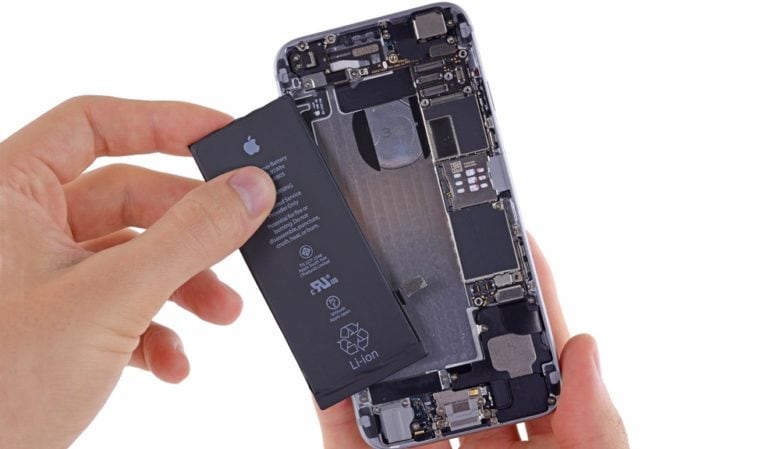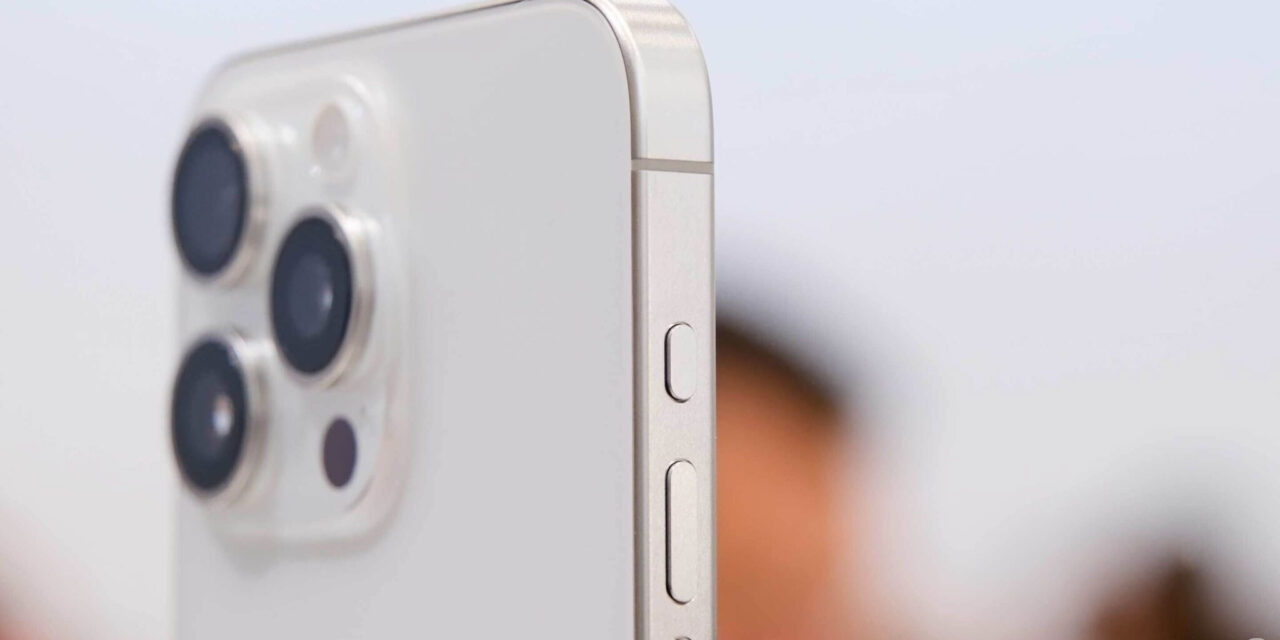Apple forced to tell Italian shoppers about iPhone throttling controversy

Photo: iFixIt
As part of the fallout from a decision in Italy, Apple has added a statement to its homepage in the country, describing how it did not provide adequate information to customers.
The statement concerns the “iPhone throttling” controversy, in which Apple slowed down iPhones with aging batteries, via an iOS update.
Apple costretta a pubblicare in fondo al sito italiano la sentenza negativa dell’antitrust https://t.co/BPEqLuonMA sull’”obsolescenza programmata” degli iPhone 6/6s con iOS 10 (che è costata ben € 10 mln di multa). Lo stesso dovrebbe fare Samsung Italia pic.twitter.com/3BHPVCYd60
— setteBIT (@setteBIT) February 11, 2019
Apple’s translated note reads as follows:
“Apple Inc, Apple Distribution International, Apple Italy and Apple Retail Italy have led consumers in the possession of iPhone 6, iPhone 6 Plus, iPhone 6s, and iPhone 6s Plus to install the iOS 10 operating system and subsequent updates, without providing adequate information about the impact of that choice on the performance of the smartphones and without offering (if not to a limited extent or too late) any means of restoring the original functionality of the appliances in the event of a proven decrease in performance following the update (such as downgrading or battery replacement at a reasonable cost).”
The notice appears to have been added following Apple being fined 10 million euros ($11.4 million) by Italy’s antitrust watchdog at the end of last year. Samsung was also fined 5 million euros ($5.7 million) for similarly issuing software updates to artificially slow down its mobile phones. Apple’s bill was higher because it supposedly failed to provide clear information about maintaining and replacing iPhone batteries.
iPhone throttling
Apple admitted to the iPhone throttling controversy at the start of 2018. At the time, Apple said that it slowed down iPhones with degraded lithium-ion batteries in order to stop them from crashing. However, the fact that this was not done with sufficient transparency led to problems — including Apple being hit with multiple class-action lawsuits around the world.
Apple later tried to make good by offering temporary reductions on out-of-warranty iPhone battery replacements to $29: something which likely impacted on the number of new iPhones sold last year. Apple also gave users the ability to disable iPhone throttling.
Via: Apple Insider






Recent Comments